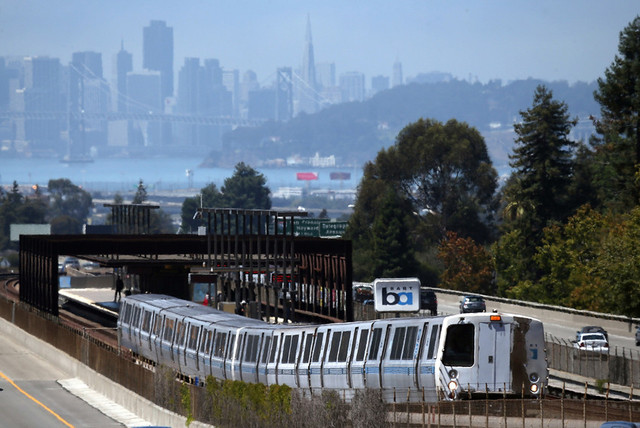BART has agreed to settle allegations that at dozens of the transit agency's facilities it failed to appropriately plan for the possibility of hazardous materials spills.
A lawsuit filed by prosecutors in Alameda, Contra Costa and San Mateo counties claimed BART failed to prepare emergency responders in the event of chemical spills from storage tanks.
Alameda County Superior Court Judge Morris Jacobson has ordered BART to pay nearly $1.3 million to the three counties as part of an agreement announced Tuesday.
"We certainly learned our lesson," BART spokesman Jim Allison said in an interview.
The suit claimed that more than 30 of the transit agency's 190 facilities in the three counties did not establish and implement plans for emergency response in the event of a release of large amounts of diesel fuel, petroleum, sulfuric acid contained in industrial batteries, and fire-extinguishing chemicals.
